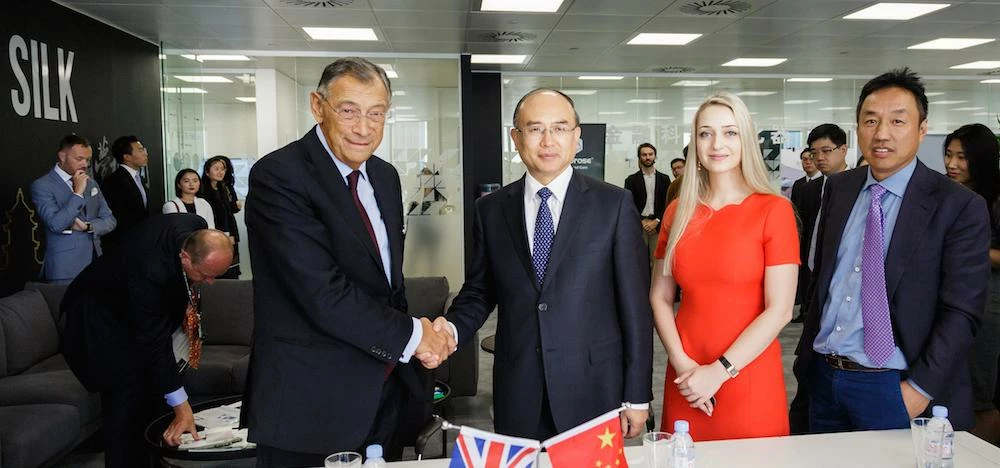Nothing draws more suspicion in the startup world than when a founder 'cashes in' early.
Just this week, when reports said Johnny Boufarhat, founder of unicorn Hopin, has netted £100m in share sales over the past year, people asked the same old questions: “Why is the founder selling shares? Are they leaving? Is the company doing badly? Why are they taking money off the table if they’re truly trying to build a unicorn?”
It’s not hard to see why secondary sales — when investors buy equity from existing shareholders in the company, like founders or employees — have a bad rap.
In summer 2019, Adam Neumann, the cofounder and then CEO of WeWork, cashed out over $700m ahead of the company’s IPO. Typically, founders wait until IPO to liquidate shares — and, of course, in the case of WeWork, going public never came to fruition. (The company is reportedly trying again this year via a SPAC.) Neumann’s actions unsettled investors and the market: did he cash out because he thought the company value had stagnated? And, if he thought that, why should anyone else have faith?
These exceptional, outlier scenarios cast an unfair and inaccurate pall over secondaries. In reality, ‘doing a secondary’ — as it’s known in the VC and investment industry more widely — can enable founders to play to win, rather than play ‘not to lose.’
Secondaries alleviate financial stress
Secondaries give founders the motivation to work harder by alleviating personal financial stress. While on paper successful founders may be worth millions — if not billions — often they won’t have seen much of that cash at all. They also often barely pay themselves anything for years. Secondaries can give founders the cash to buy a house, start a family — the kinds of life events that can add security and happiness for many — arguably giving them the mental space to apply themselves further to the job at hand.
Secondaries are not a sign that a founder thinks the company’s value has peaked. Most founders only cash out a small percentage of their shares. If they’ve built a company that’s substantial enough to even make a secondary possible, they’ve poured blood, sweat and tears into the business. They’re invested beyond money. And if there are investors out there who want to buy shares at a secondary, that’s also a sign that the market believes in the company’s continued potential.
This matters for VCs. For their economics to work, VCs must incentivise founders to aim for big outcomes. VCs must understand that an exhausted, stressed founder won’t build the best business. A secondary can motivate a founder to aim for the largest outcome, instead of trying to reach a moderately good outcome quickly.
This is important because it makes sense for VCs to keep founders at the helm for as long as possible. Research from Schroders has found that, in general, founder-led companies grow faster; invest more aggressively in R&D, capital expenditure and M&A; and outperform peers.
Success stories
So where are the success stories?
Take Atlassian. This undisputable software success story has its origins in secondary. Five years before it went public in 2015, Atlassian did its first round of fundraising: all secondary. It raised $60m from Accel, with the lion’s share being used for employee liquidity. The founders and early team members got a chunk of capital, the company raised just one more round before IPO. Today, Atlassian is worth almost $60bn.
Secondaries have helped employees and founders at European tech companies like Wise, Alan and Lendable also go on to found other companies, angel investing and pay for big life expenses such as buying an apartment.
The future
The market, too, is evolving.
Last month, Crowdcube, the UK-based crowdfunding platform, announced the launch of Cubex, a secondary marketplace for startups. Moves to bring liquidity to private markets should always be welcome. Not only do they open options for founders and early employees looking for liquidity, but they are also part of a wider move to democratise finance, giving retail investors access to previously inaccessible capital and ownership.
Tech founders and operators are key economic contributors and innovation drivers. We should encourage them to keep building, and secondaries are a small but important part of doing that.


